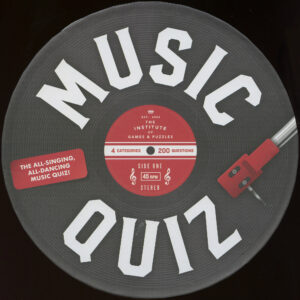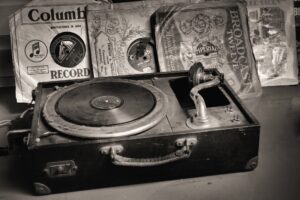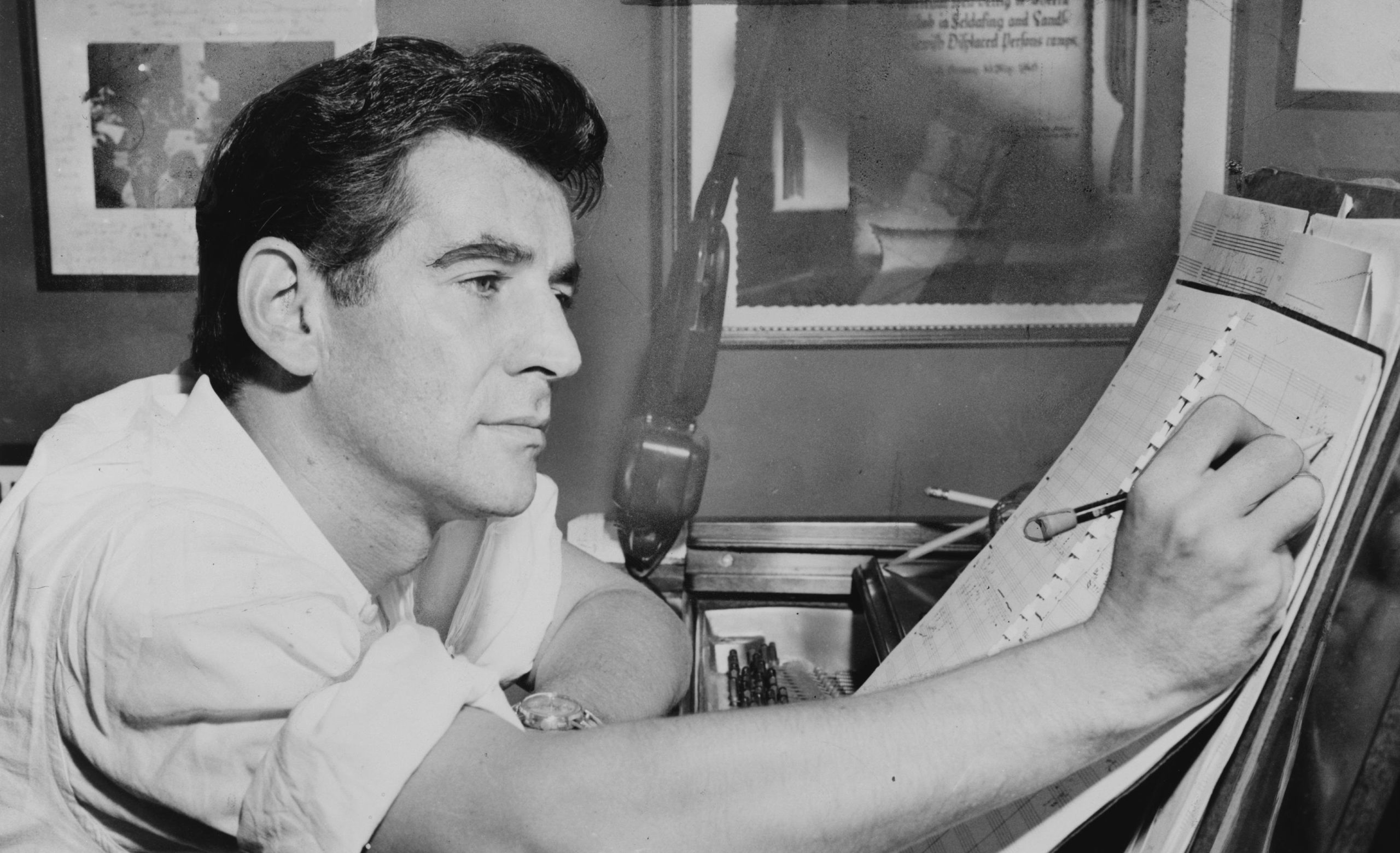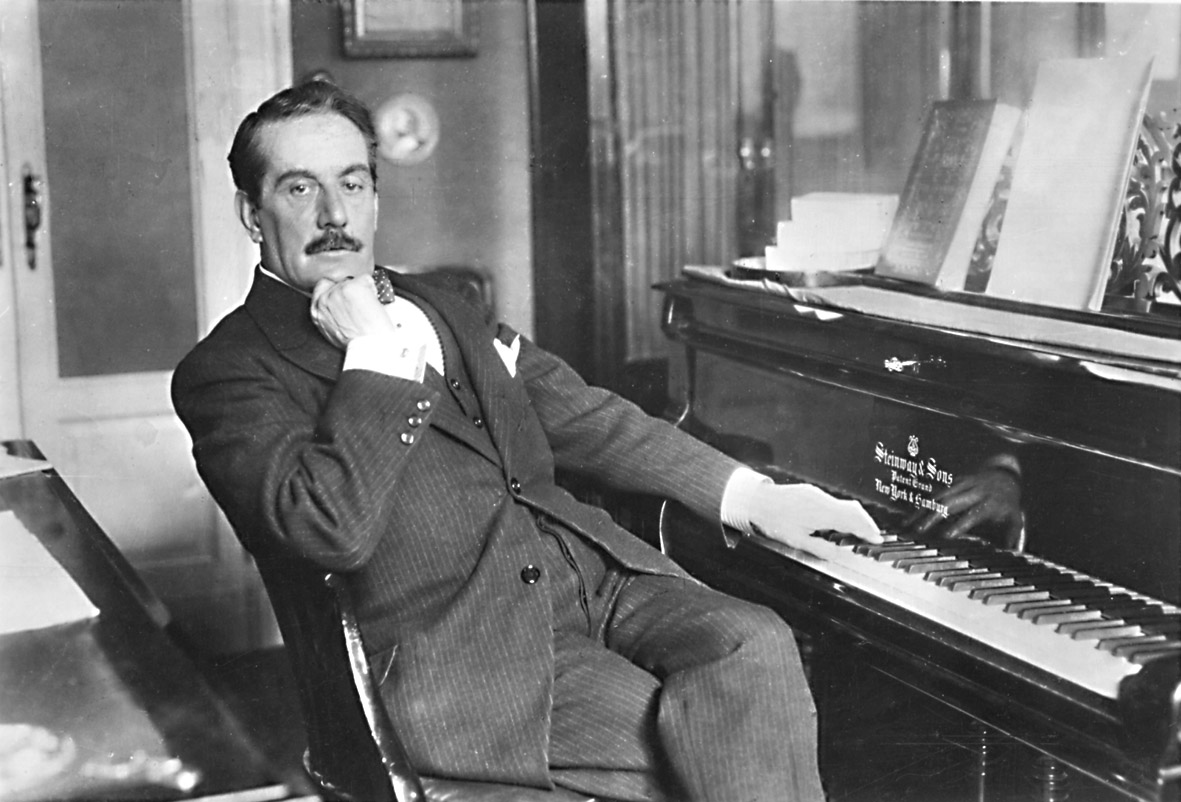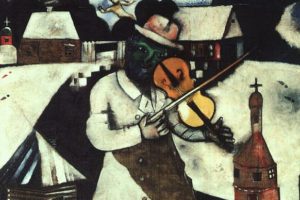The Messiah, above — also known as The Hallelujah Chorus — is Handel’s best known composition and, indeed, one of the most popular classical pieces ever. Here is the start of its story:
George Frideric Handel’s Messiah was originally an Easter offering. It burst onto the stage of Musick Hall in Dublin on April 13, 1742. The audience swelled to a record 700, as ladies had heeded pleas by management to wear dresses “without Hoops” in order to make “Room for more company.” Handel’s superstar status was not the only draw; many also came to glimpse the contralto, Susannah Cibber, then embroiled in a scandalous divorce. (Continue Reading…)
Handel himself is profiled at GFHanel.com:
Born on 23 February 1685 in Halle, Germany, Handel grew up under the watchful eyes of his parents; while his mother nurtured his musical gifts, his father tried to dissuade him from pursuing the dubious occupation of a musician. Following brief law studies at the local university, Handel travelled to Hamburg, where he scraped a living as a back-desk violinst at the opera house and composed his first opera Almira. By late 1706 he decided to travel independently to Italy, where he composed church, secular and theatre music for illustrious patrons in Florence, Rome, Naples and Venice; he also met numerous Italian composers who significantly influenced his work, such as Arcangelo Corelli, Alessandro Scarlatti, his son Domenico Scarlatti, Giacomo Perti, Bernardo Pasquini, Francesco Gasparini, Antonio Caldara and many others.
Acis and Galatea is not as well known as The Messiah but is said by afficionados to be a major work:
Acis and Galatea (HWV 49) is a musical work by George Frideric Handel with an English text by John Gay. The work has been variously described as a serenata, a masque, a pastoral or pastoral opera, a “little opera” (in a letter by the composer while it was being written), an entertainment and in the New Grove Dictionary of Music an oratorio. The work was originally devised as a one act masque which premiered in 1718. Handel later adapted the piece into a three act serenata for the Italian opera troupe in London in 1732, which incorporated a number of songs (still in Italian) from Aci, Galatea e Polifemo, his 1708 setting of the same story to different music. He later adapted the original English work into a two act work in 1739. (Continue Reading…)

